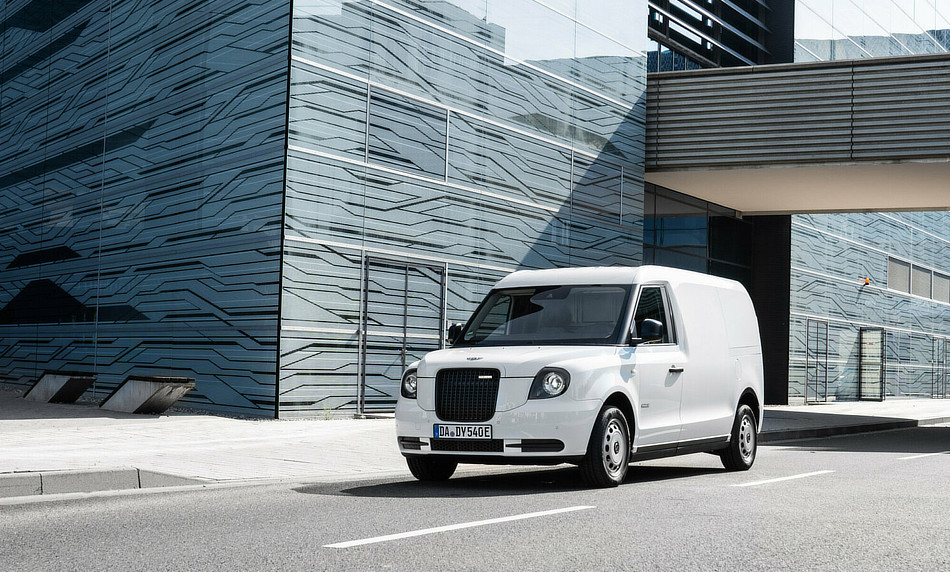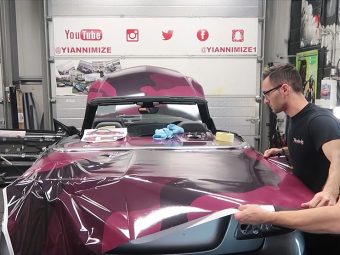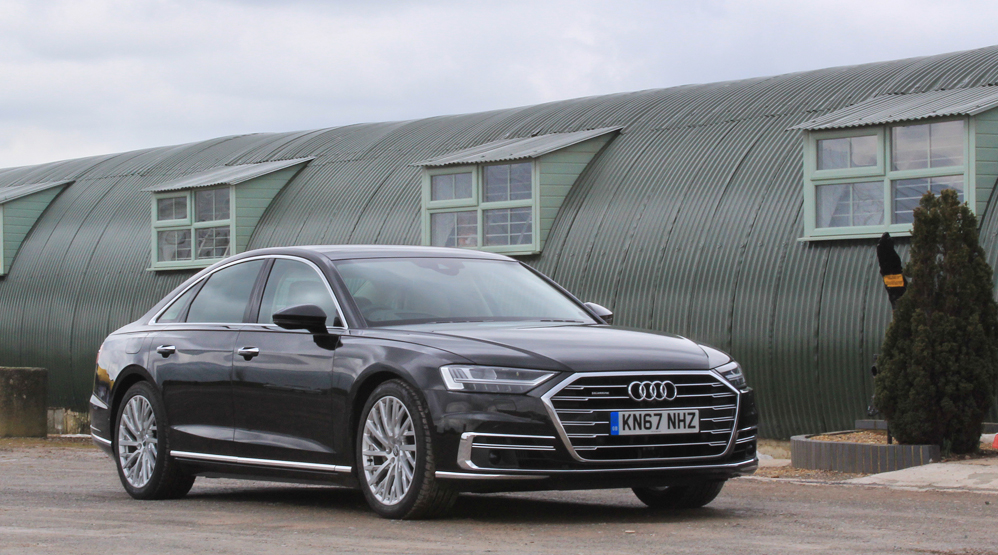While diesel still makes the most sense for most van users, some owners and operators are starting to look for alternative solutions, either because they want something a little cheaper to run or to be easier on the environment. But as 100% electric vans aren’t practical for everyone, what about a hybrid? Combining a combustion engine with an electric motor, a hybrid can offer a practical driving range and easy refueling as well as the ability to travel with zero emissions for some of the time.
But before you run to a value my car service to find out how much you can get if you trade-in your existing ride against a brand-new hybrid van, first you need to figure out what kind of hybrid you want. This is where this page comes in. Keep reading as we explain the three different types of hybrid vans available.
Conventional ‘self-charging’ hybrid vans
This is the kind of hybrid technology made famous by the Toyota Prius. Now marketed as self-charging – as a means of differentiating them from the plug-in hybrids below – while such vehicles are capable of running on electric power alone, they can only do so for short periods.
Once upon a time, this meant you didn’t get much of an advantage from the hybrid assistance. These days, however, such hybrids can deliver genuinely impressive fuel economy as well as a decent driving experience. And because they’re ‘self-charging’, you never have to remember to plug them in to take advantage of that.
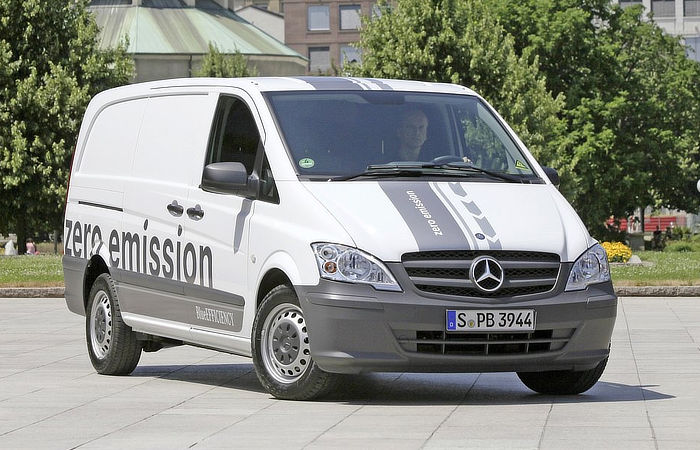
But the thing that makes the self-charging possible – the small battery – means that what they can’t do is run on electric power for an extended period of time. Which means they won’t be any good for entering any future zero emissions zones. Still, the small battery pack also helps keep the price down.
The bad news is that there’s only one self-charging van on the market right now. The good news is that it’s made by Toyota – the masters of this kind of hybrid. Based on the Toyota Corolla Touring Sports estate car, it doesn’t have the largest load space. But it is comfortable, well equipped and good to drive, and because it doesn’t scream light commercial vehicle, it’s not an obvious target for thieves, either.
Plug-in hybrid vans
Plug-in hybrid electric vehicles (PHEVs) are exactly what they sound like – machines that combine a combustion engine, an electric motor and a battery big enough to drive them on electricity alone for many miles at a time that therefore require that you plug them into the mains to make the most of them. Because if you don’t plug them in, you’re just dragging a load of extra weight around for no reason at all – which is good for neither your fuel economy nor your payload.
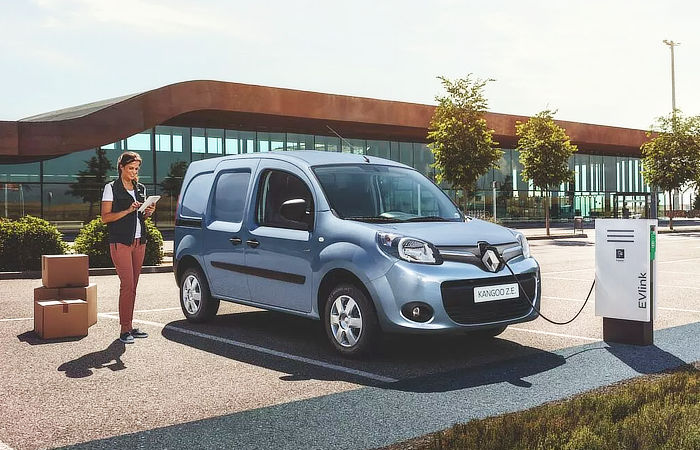
To be fair, you can also charge the battery using the engine under the bonnet. But this is very inefficient and takes even longer than the plug-socket. Fundamentally, you’ve got to make the most of the battery to make the most of this kind of hybrid, but with the ability to refuel quickly at any petrol station they still offer greater flexibility than a pure electric vehicle in most situations. And the public charging network is getting better all the time.
There are two plug-in hybrid vans on sale in the UK presently – the Ford Transit Custom Plug-in Hybrid and the LEVC VN5. Both use ‘range extender’ PHEV technology, which means the petrol engine is only used as a back-up generator for the electric motor and never drives the wheels directly at all. The LEVC has the longer electric-only range, but the Transit Custom is the UK’s bestselling van and has a larger load space.
Mild hybrid vans
Mild hybrid electric vehicles (MHEVs) are the newest and – frankly – least effective type. No mild hybrid van can run on electric power alone, instead, they use ‘starter-generator’ technology to improve the stop-start system and give the engine under the bonnet a (very) modest performance boost in certain situations.
They save only a small amount of fuel, but they also cost only a small amount of money. The only van manufacturer currently offering mild hybrid as an option is Ford – though the tech is available on several models, including the Transit, Transit Custom, and Fiesta Van. Expect to see more mild hybrid vans from more brands in the future, though, as emissions standards become ever more stringent.
